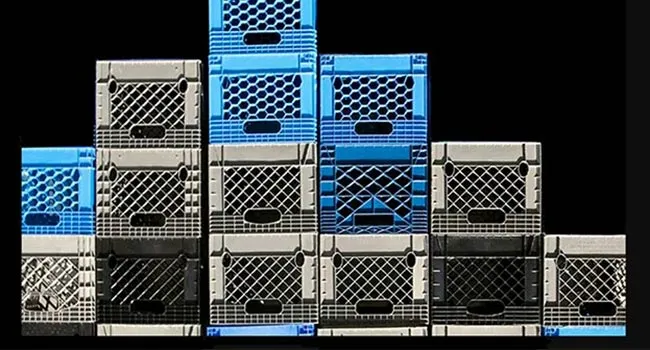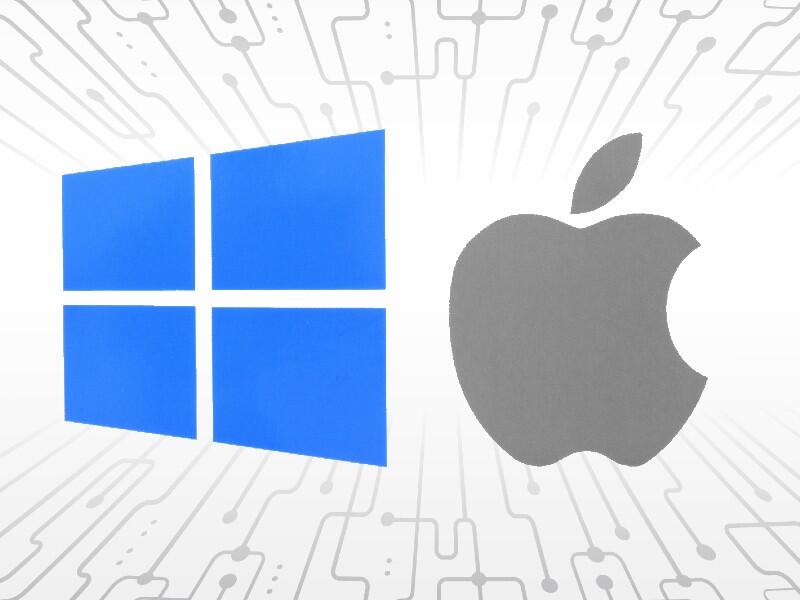Effective TMJ Treatment: Relieve Jaw Pain and Restore Comfort
Discover effective TMJ treatment options to relieve jaw pain and restore comfort. Learn about TMJ therapy, pain relief techniques, and expert solutions for lasting relief.

Temporomandibular Joint Disorder (TMJ) can be a frustrating and painful condition that affects millions of people. Whether you're experiencing jaw discomfort, headaches, or difficulty chewing, finding the right TMJ treatment is crucial to improving your quality of life. In this comprehensive guide, we’ll explore effective TMJ pain treatment options and how TMJ therapy can help you regain comfort and functionality.
Understanding TMJ Disorder
The temporomandibular joint (TMJ) connects your jaw to the skull and plays a vital role in speaking, chewing, and other jaw movements. When this joint becomes inflamed or misaligned, it can lead to TMJ disorder (TMD), causing symptoms such as:
-
Jaw pain and tenderness
-
Clicking or popping sounds
-
Limited jaw movement or lockjaw
-
Headaches and earaches
-
Facial swelling
Common Causes of TMJ Disorder
TMJ disorder can develop due to various reasons, including:
-
Teeth grinding (bruxism): Excessive grinding or clenching puts stress on the jaw joint.
-
Jaw injury: Trauma or impact can lead to misalignment and pain.
-
Arthritis: Conditions like osteoarthritis or rheumatoid arthritis can affect the TMJ.
-
Poor posture: Slouching or improper neck alignment can contribute to jaw tension.
-
Stress: Emotional stress can cause muscle tension, leading to TMJ pain.
Effective TMJ Pain Treatment Options
Managing TMJ disorder requires a tailored approach depending on the severity of symptoms. Here are some effective TMJ treatment methods:
1. Lifestyle Modifications
Simple changes in daily habits can significantly reduce TMJ pain:
-
Avoid hard or chewy foods to reduce strain on the jaw.
-
Practice relaxation techniques such as meditation to ease muscle tension.
-
Maintain good posture to prevent unnecessary pressure on the jaw.
2. TMJ Exercises and Physical Therapy
Performing gentle jaw exercises can improve mobility and strengthen the jaw muscles. Physical therapy techniques may include:
-
Stretching exercises to increase flexibility.
-
Massage therapy to relieve muscle tension.
-
Jaw strengthening techniques for better support and function.
3. Medical and Dental Treatments
In some cases, professional interventions are necessary:
-
Mouthguards or splints: Custom-fitted oral appliances help prevent teeth grinding and reduce stress on the TMJ.
-
Medication: Over-the-counter pain relievers or muscle relaxants can alleviate discomfort.
-
Trigger point injections: Corticosteroids or Botox injections may be used to relieve severe pain.
-
Orthodontic adjustments: Correcting bite alignment issues can improve TMJ function.
4. Advanced TMJ Therapy Options
If conservative treatments do not provide relief, more advanced TMJ therapy approaches may be considered:
-
Ultrasound therapy to reduce inflammation and promote healing.
-
Transcutaneous Electrical Nerve Stimulation (TENS): Low-level electrical currents help relax jaw muscles.
-
Surgical procedures (as a last resort) such as arthrocentesis, arthroscopy, or joint replacement for severe cases.
When to Seek Professional Help
Consulting a specialist is essential if you experience persistent jaw pain, clicking sounds, or difficulty chewing. Aligned Healing offers expert evaluation and treatment options tailored to your needs, ensuring long-term relief and improved jaw function.
Final Thoughts
TMJ disorder can be disruptive, but with the right approach, you can alleviate discomfort and restore normal jaw function. By combining lifestyle changes, exercises, and professional TMJ therapy, you can achieve lasting relief and prevent future issues. If you're struggling with TMJ pain, take the first step toward recovery by exploring the best treatment options for your condition.
Frequently Asked Questions (FAQs)
Q: Can TMJ disorder go away on its own?
A: Mild cases of TMJ disorder may improve with time and self-care, but persistent symptoms require professional treatment.
Q: How long does TMJ treatment take to show results?
A: The timeline varies based on the severity of the condition and the treatment method. Some people experience relief within a few weeks, while others may need longer therapy.
Q: Are there natural remedies for TMJ pain?
A: Yes, applying ice packs, practicing relaxation techniques, and doing gentle jaw exercises can help alleviate mild TMJ symptoms.
By taking proactive steps and seeking expert guidance, you can manage TMJ disorder effectively and regain a pain-free lifestyle.
What's Your Reaction?















